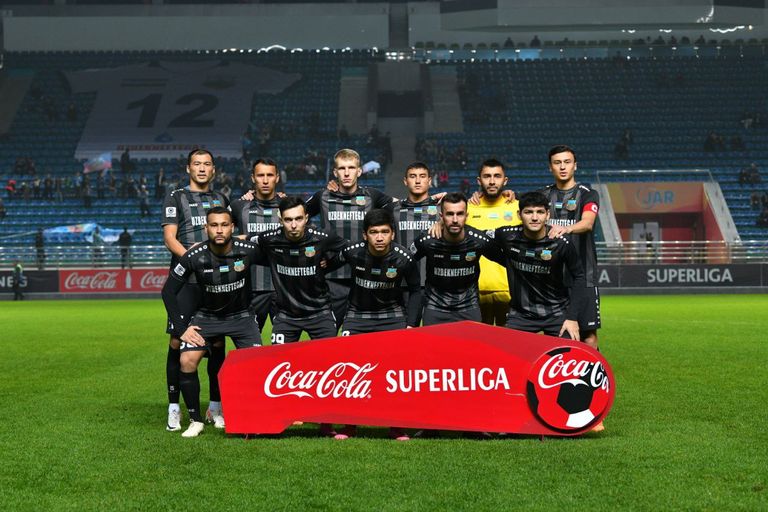
Bunyodkor was born in Uzbekistan just five years ago and has not stopped winning. He hired Rivaldo as a star and Zico and Scolari as coaches. All thanks to the money from the black gold.
At the José Zorrilla stadium in Valladolid, there was only room for astonishment and a few laughs. In the first round of the 1982 World Cup in Spain, France and Kuwait were playing. Suddenly, all the Asian players pounced on the Soviet referee Miroslav Stupar. They complained that the sound of a whistle heard from one of the stands had made them stop and facilitated another French goal. Suddenly, no one knew how, sheikh Fahid Al Ahmad al Sabah, brother of the emir of Kuwait, the oil lords, appeared on the field - in his robes and angry. He complained about the same thing as his players. And he threatened to take the team off. The referee gave in to his whim and disallowed the goal. However, it was not enough to prevent victory: Michel Platini's France won 4-1.
That scene was a kind of public demonstration of what was said about the Kuwaiti team: it was the petrodollar team. It was not the only one in the history of the World Cup. The same had been said before about Iran (Argentina's participant in 1978) and then it was repeated in the cases of the United Arab Emirates (qualified for Italy 1990) and Jorge Solari's Saudi Arabia, which reached the round of 16 in the United States in 1994. Something similar is often said about several teams that participate in the leagues of oil-exporting countries, with the paradigmatic case of Qatar.
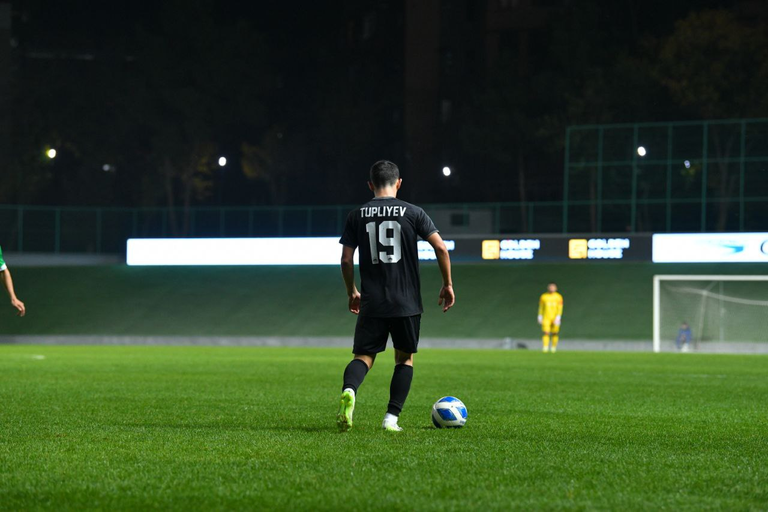
Now, on the Asian continent, there is also a successor at club level. This is PFC Bunyodkor from Uzbekistan. In its short life it has already surprised the world a lot. The institution was founded on 6 July 2005 under another name, Neftgasmontaj-Kuruvchi (Kuruvchi means "builder" in Spanish). It emerged with a powerful backing: that of the oil businessmen of the former Soviet republic. The team had a predictably dizzying journey towards the top national category: it went from the Second Division (third level) in 2005 to be promoted in 2007 to the Professional League. And in its first campaign it completed the competition perfectly: it won the title and qualified for the Asian Champions League, the continental equivalent of the UEFA Champions League. Also in 2008 it won the Uzbekistan Cup, the second most important local tournament.
Success seems to be a constant. They won the league last year and are leading the current season (they are undefeated, with an eight-point advantage over second-placed Pakhtakor, having played 18 matches). They also added this year's Cup to their list of achievements. In addition, they were a protagonist in the Asian field: they were semi-finalists in the 2008 Champions Cup and reached the quarter-finals in 2009.
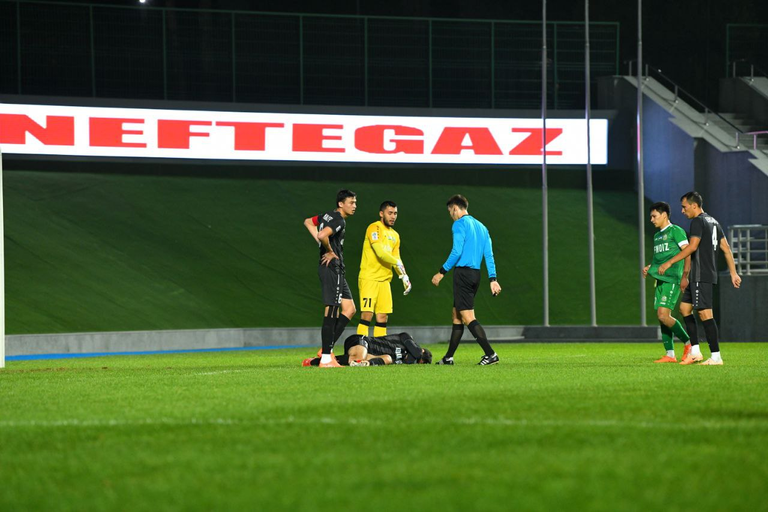
Uzbekistan, which was dismembered by the Soviet Union in 1991, is a country with little football tradition. It has never played in a World Cup (it reached the Asian play-offs in the 2006 qualifiers, but was eliminated by Bahrain) and currently occupies 88th place in the FIFA ranking, behind only El Salvador and Angola. In Soviet times, it was one of the poorest republics, dependent on cotton as an almost exclusive resource. But this territory located in Central Asia, between the Caspian Sea and western China, has grown: according to The Economist, it is one of the five countries that will increase its GDP the most during 2010. And of course, hydrocarbons, the same ones that drive Bunyodkor, have a lot to do with that.
The journalist Borja Barba writes in football newspapers: "The Uzbek Professional League is currently made up of a total of 14 unpronounceable teams. None of them would sound even remotely familiar to any football fan. Not even those with the desire to spread their football culture to remote countries." But something did, in the summer of 2008, make Uzbekistan's ultimate dream come true; was it a marketing campaign or, simply, an unexpected joke." The reference is to what seemed improbable two years ago: the intention to sign Samuel Eto'o and even Andrés Iniesta for Bunyodkor. The club's interest was duly confirmed by the sporting director, Bahtier Babayev.
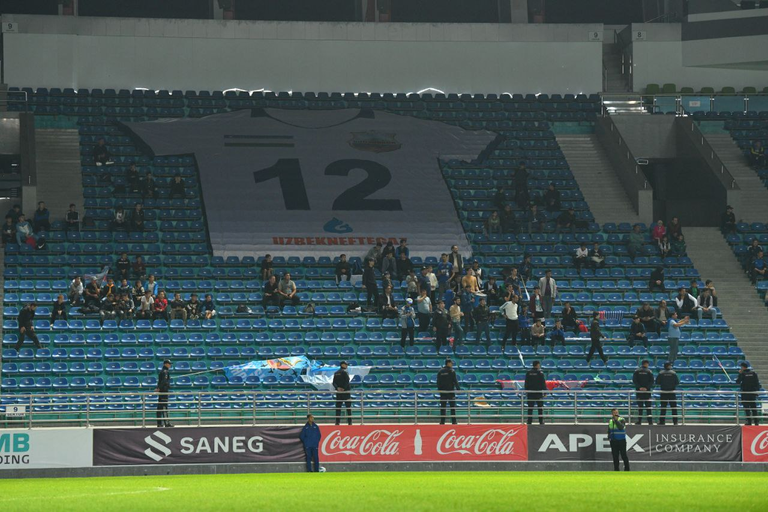
Apart from those who tried to buy and couldn't, he became an occasional star of the transfer market over the last three years. In 2008, Las Golondrinas ("The Swallows", his nickname) signed Rivalo - sometimes an idol of Barcelona and a star of Brazil - and paid him more than in any European destination: ten million euros for two seasons. He made the difference: he was the top scorer of the season in the League. Another who arrived at that time was the Chilean José Luis Villanueva, who also made a great impression (he scored 25 goals in 28 games). He also added other highlights in less relevant national teams, such as the Macedonian Stevica Ristic, the Uzbek Ignatiy Nesterov and Gocguly Gocgulyyew, from Turkmenistan. But not only that: the money also allowed the reconstruction of a state.

Bunyodkor nació en Uzbekistán hace apenas cinco años y no ha dejado de ganar. Contrató a Rivaldo como figura y a Zico y Scolari como entrenadores. Todo gracias al dinero del oro negro.
En el estadio José Zorrilla de Valladolid sólo hubo cabida para asombros y algunas risas. Para la primera ronda del Mundial de España, en 1982, jugaron Francia y Kuwait. De repente, todos los jugadores asiáticos se abalanzaron sobre el árbitro soviético Miroslav Stupar. Se quejaron de que el sonido de un silbato que se escuchó desde una de las gradas les hizo parar y facilitó otro gol francés. De repente, nunca se supo cómo, apareció en el terreno de juego -con su túnica y con su enfado- el jeque Fahid Al Ahmad al Sabah, hermano del emir de Kuwait, señores del petróleo. Se quejó de lo mismo que sus jugadores. Y amenazó con sacar al equipo. El árbitro cedió al capricho y anuló el gol. De todos modos, no fue suficiente para evitar la victoria: la Francia de Michel Platini ganó 4-1.
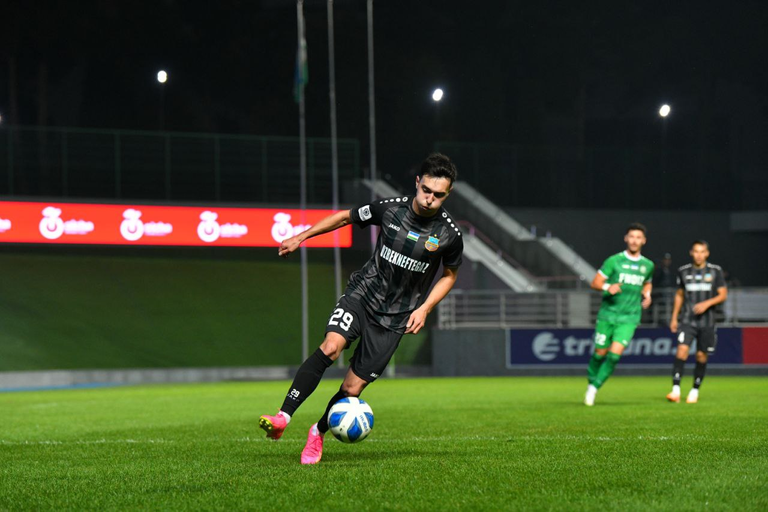
Esa escena fue una especie de demostración pública de lo que se decía de ese seleccionado kuwaití: era el equipo de los petrodólares. No fue el único en la historia de los mundiales. Antes se había dicho lo mismo de Irán (participante de Argentina en 1978) y luego se repitió en los casos de Emiratos Árabes Unidos (clasificado para Italia 1990) y la Arabia Saudita de Jorge Solari, que llegó a los octavos de final en Estados Unidos. en Estados Unidos 1994. Algo similar suele señalarse de varios equipos que participan en las ligas de países exportadores de petróleo, con el caso paradigmático de Qatar.
Ahora, también en el continente asiático, hay heredero a nivel de clubes. Este es el PFC Bunyodkor, de Uzbekistán. En su corta vida ya sorprendió mucho al mundo. La institución nació el 6 de julio de 2005 con otro nombre, Neftgasmontaj-Kuruvchi ("Kuruvchi" significa "constructor", en español). Surgió con un poderoso amparo: el de los empresarios petroleros de la ex república soviética. El equipo tuvo previsiblemente un recorrido de vértigo rumbo a la máxima categoría nacional: pasó de Segunda División (tercer nivel) en 2005 para ascender en 2007 a la Liga Profesional. Y en su primera campaña completó de la manera perfecta: obtuvo el título y se clasificó para la Asia Champions League, el equivalente continental de la UEFA Champions League. También en ese 2008 consiguió la Copa de Uzbekistán, el segundo torneo local en importancia.
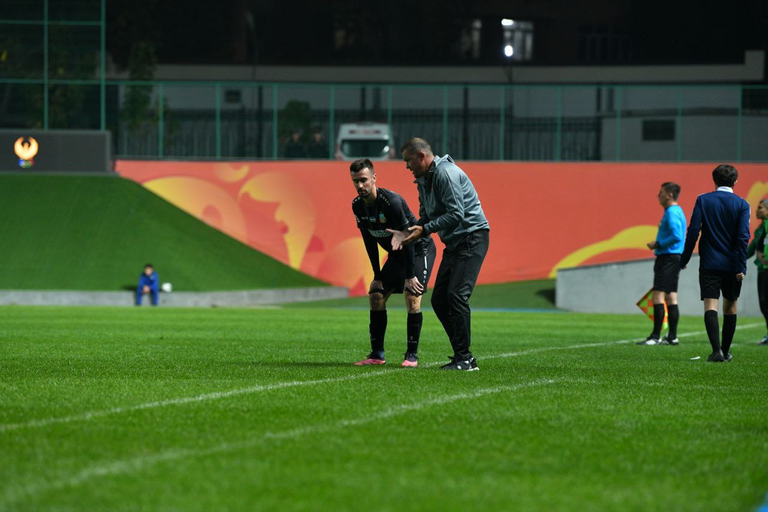
El éxito parece una constante. Ganó la liga el año pasado y lidera la actual (está invicto, con ocho puntos de ventaja sobre el Pakhtakor, su escolta, disputó 18 fechas). También sumó a su palmarés la Copa de este año. Además, fue protagonista en el campo asiático: fue semifinalista de la Copa de Campeones de 2008 y llegó a cuartos de final en 2009.
Uzbekistán, desmembrado de la Unión Soviética en 1991, es un país con poca tradición futbolística. Nunca jugó un Mundial (llegó al repechaje de Asia en las eliminatorias de 2006, pero Bahrein lo eliminó) y actualmente ocupa el puesto 88 del ranking FIFA, solo por detrás de El Salvador y Angola. En la época soviética, fue una de las repúblicas más pobres, dependiente del cultivo del algodón como recurso casi exclusivo. Pero creció este territorio ubicado en Asia Central, entre el mar Caspio y el oeste de China: según The Economist, es uno de los cinco países que más aumentará su PIB durante 2010. Y en eso, por supuesto, mucho tiene que ver los Hidrocarburos, los mismos que impulsan Bunyodkor.
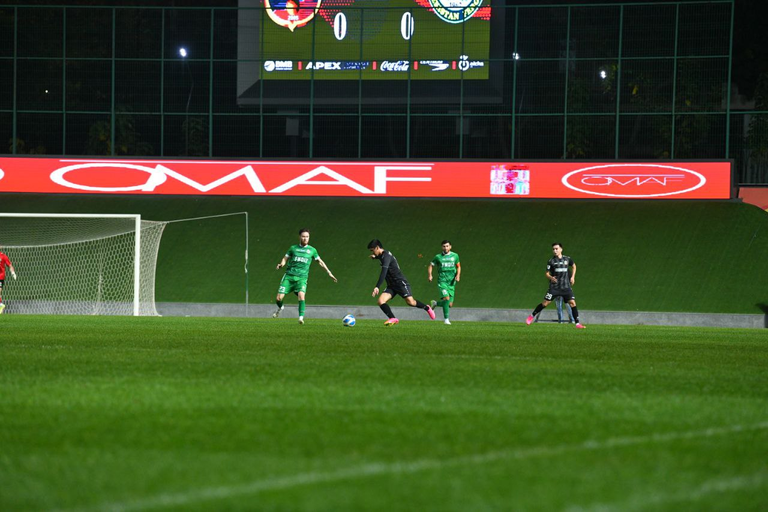
Cuenta el periodista Borja Barba, en diarios de fútbol: "La Liga Profesional de Uzbekistán está compuesta actualmente por un total de 14 impronunciables equipos. Ninguno de ellos sonaría mínimamente a ningún aficionado al fútbol. Ni siquiera aquellos con ánimo de expandir su cultura futbolística hacia remotos". países ". Pero algo hizo, en el verano de 2008, el sueño final de Uzbekistán, fue una campaña de marketing o, simplemente, una broma inesperada". La referencia es por lo que parecía improbable hace dos años: la intención de contratar a Samuel Eto'o y hasta Andrés Iniesta por Bunyodkor. El interés del club fue oportunamente confirmado por el director deportivo, Bahtier Babayev.
Aparte de los que quisieron comprar y no pudieron, se convirtió en una vedette ocasional del mercado de pases de los últimos tres años. En 2008, Las Golondrinas ("Las Golondrinas", su apodo) contrataron a rivalo -en ocasiones ídolo del Barcelona y figura de Brasil- y le pagaron más que en cualquier destino europeo: diez millones de euros por dos temporadas. Marcó la diferencia: fue el goleador de la campaña en Liga. Otro que llegó en ese momento fue el chileno José Luis Villanueva, quien también dejó una gran impresión (hizo 25 goles en 28 partidos). También sumó otros destaques en seleccionados menos relevantes, como el macedonio Stevica Ristic, el uzbeko Ignatiy Nesterov y Gocguly Gocgulyyew, de Turkmenistán. Pero no solo eso: el dinero también permitió reconstruir un estado.
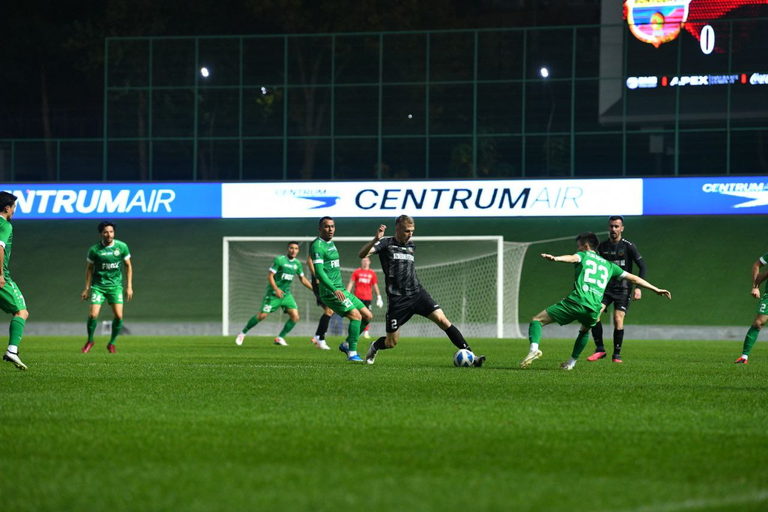
Source images / Fuente imágenes: Bunyodkor.
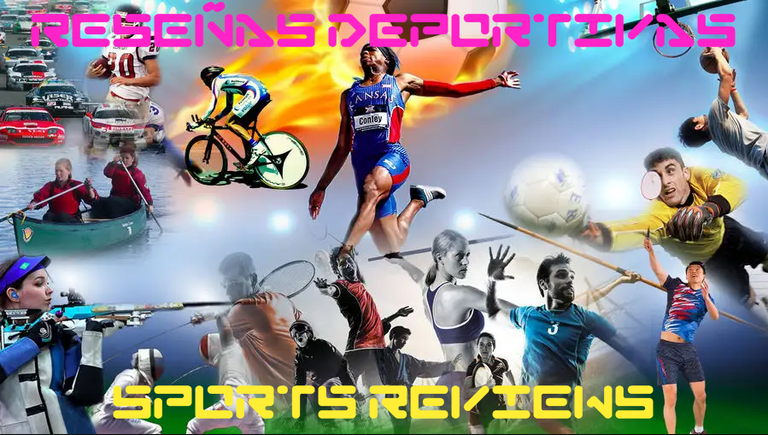


Los enlaces de mis sitios web/Links to my websites:
Parcial o totalmente pueden encontrar este post reproducido en algunos de mis blogs y/o Webs de los cuales generalmente tomo nota para elaborar los contenidos en #BLURT.
Partially or totally you can find this post reproduced in some of my blogs and/or Webs of which I usually take note to elaborate the contents in #BLURT.
